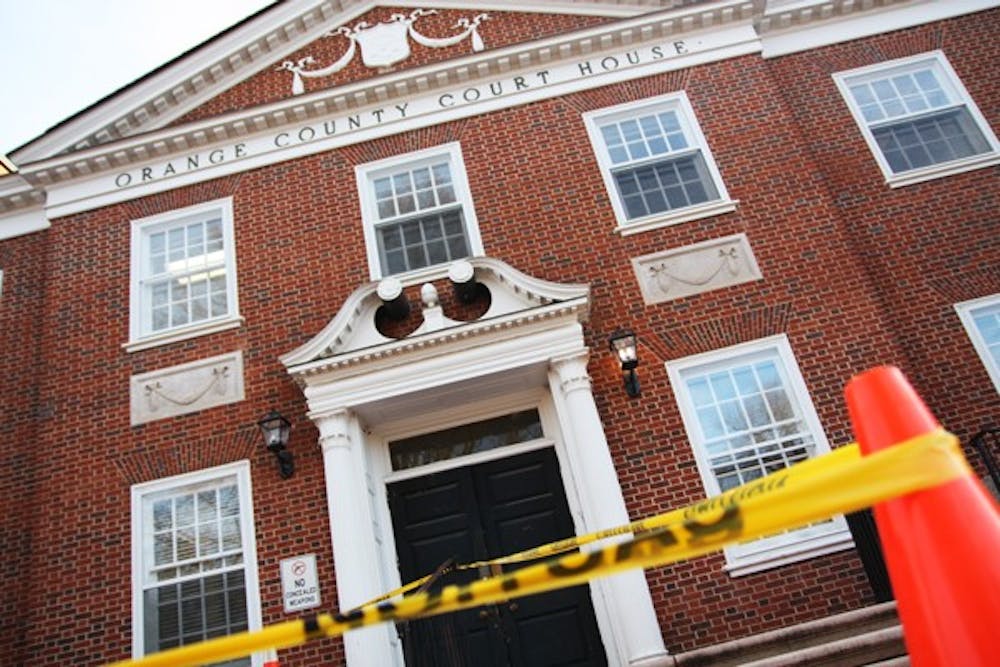The North Carolina Court of Appeals recently heard arguments from the NAACP and lawyers representing Republican state lawmakers regarding whether the General Assembly has the authority to put constitutional amendments on the ballot for referendum.
In the lawsuit, which was first brought forth by the North Carolina NAACP and Clean Air Carolina in August of 2018, the plaintiffs argued that the legislature was composed of members elected as a result of racially gerrymandered districts. Therefore, they claimed the legislature did not have the authority to place constitutional amendments on the ballot to be voted on.
In February, state judges struck down two of the amendments that had been voted into law last November. One of the amendments lowered the cap on the state’s income tax rate from 10 percent to 7 percent. The other instituted a requirement to show photo identification in order to vote.
The ruling drew on the principle of racially gerrymandered districts as the reason for which the amendments should not stand.
“An illegally constituted General Assembly does not represent the people of North Carolina and is therefore not empowered to pass legislation that would amend the state’s Constitution,” the court's ruling said.
However, this has raised several questions as to what this means for the legislature as a whole.
When arguing before the state Court of Appeals, Martin Warf, a lawyer representing the legislators, raised the concern that this ruling could serve as a precedent to delegitimize every action the legislation has taken over the past few years.
“No court has ever said one of the remedies is striking down all the laws they passed,” he told the News & Observer, going on to say that such an action “sounds grossly unproportionate.”
However, the plaintiffs insist the scope of their inquiry is strictly limited to the constitutional amendments put on the ballot in 2018.




